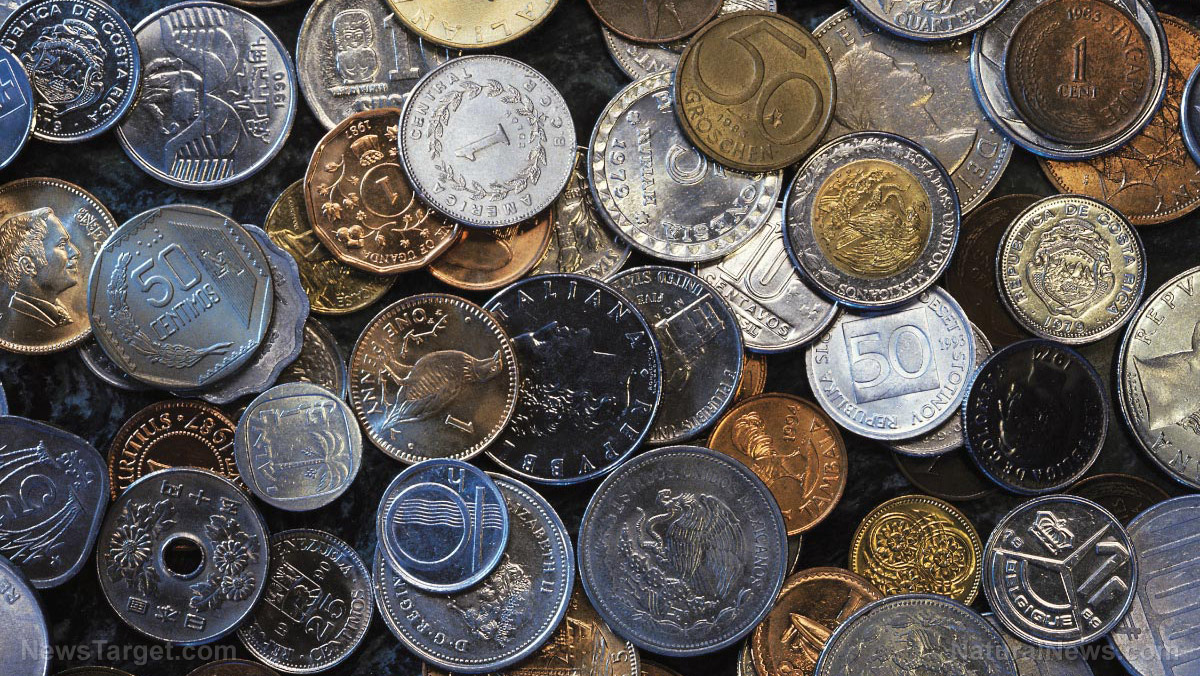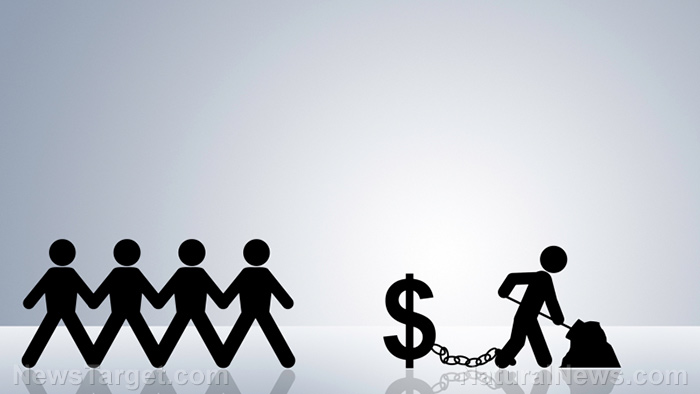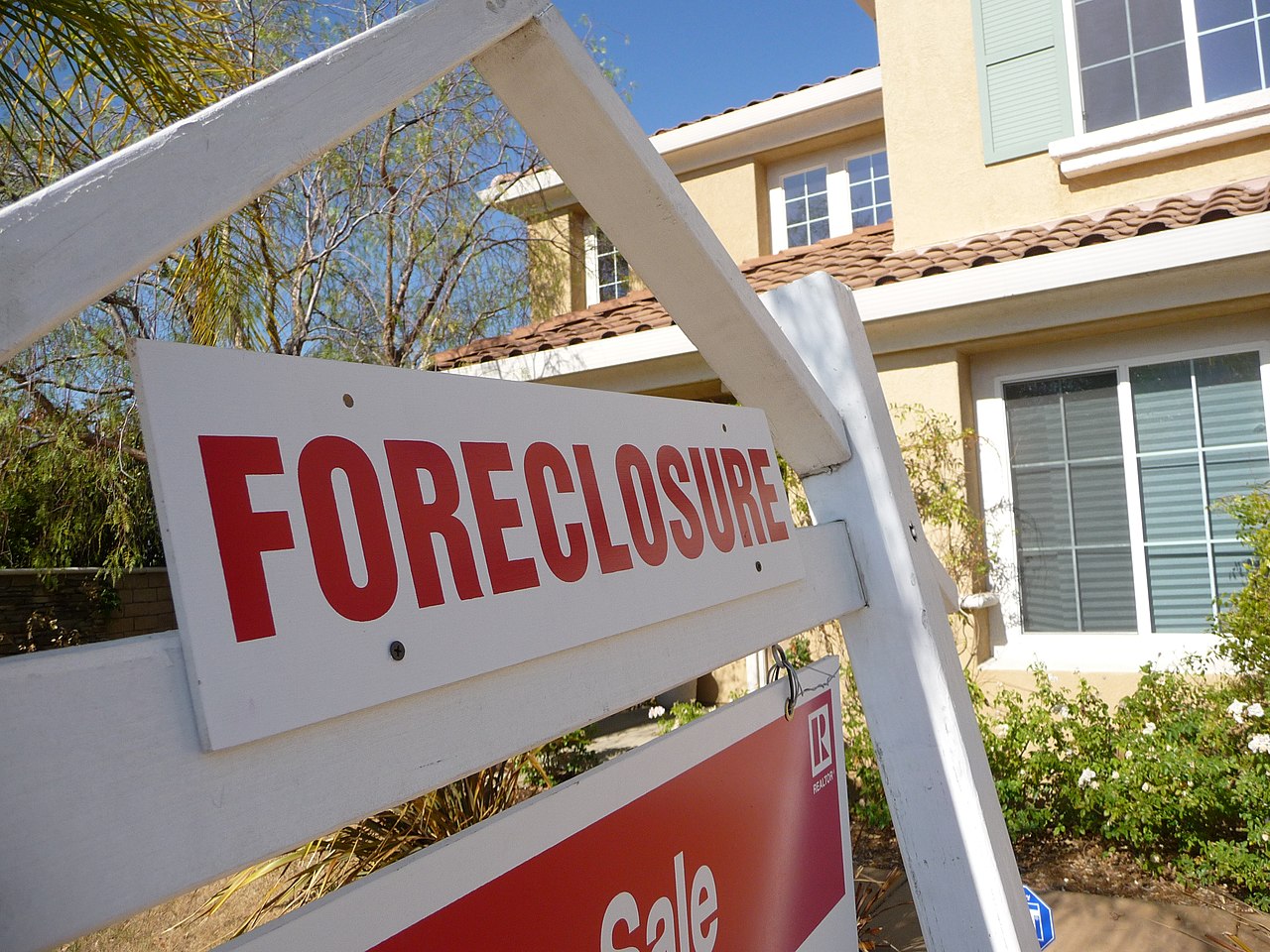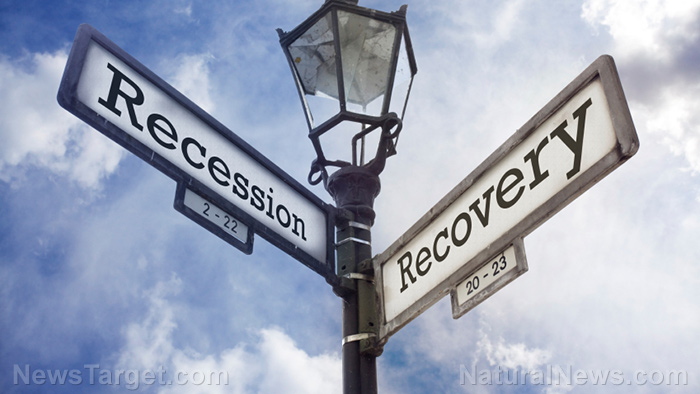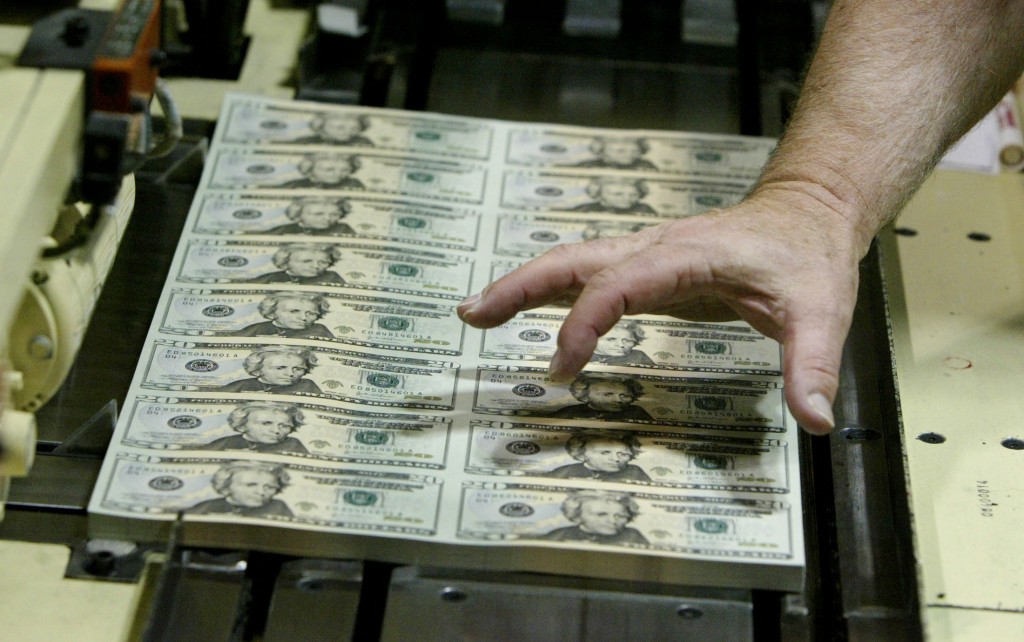Uber reports surging revenue as drivers return, but posts massive loss on investments
05/05/2022 / By News Editors
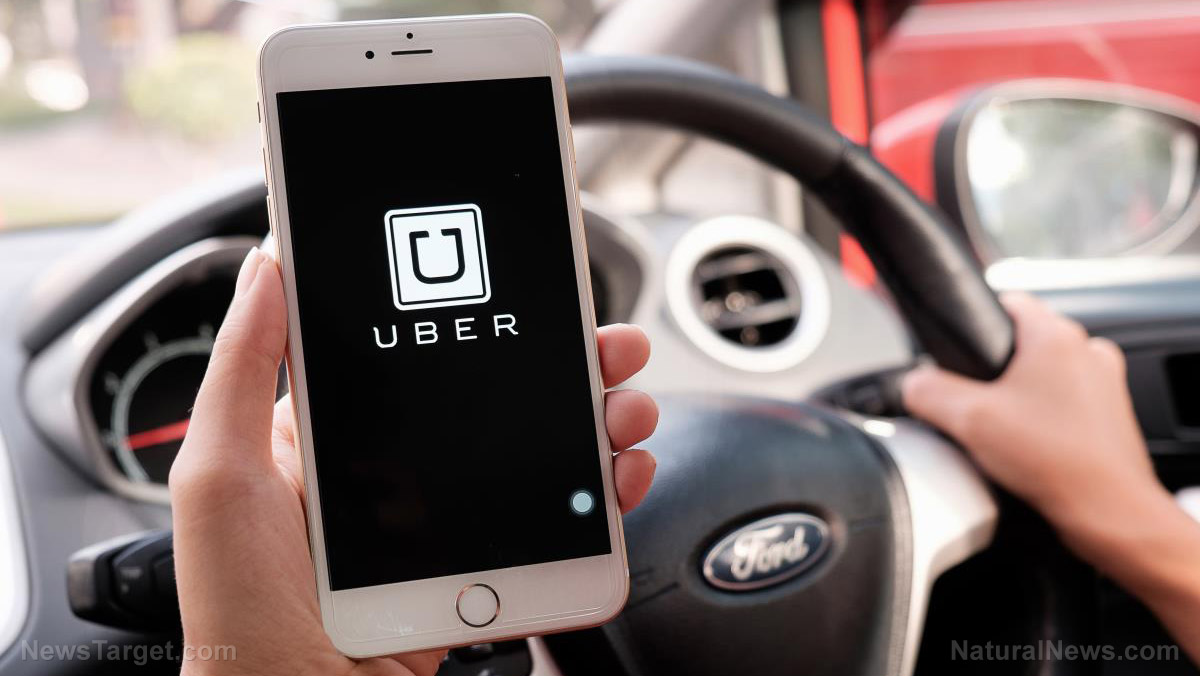
Uber on Wednesday reported surging revenue during the first quarter as the ride-hailing company said it’s recovering from its coronavirus lows and wouldn’t have to put up “significant” investments to keep drivers on the platform.
(Article by Jessica Bursztynsky republished from CNBC.com)
But it also reported a $5.9 billion loss during the period that was largely attributed to the revaluation of equity investments. The company’s shares closed down more than 4% on Wednesday.
Here are the key numbers:
- Loss per share: 18 cents ex-items vs. a loss of 24 cents, according to a Refinitiv survey of analysts.
- Revenue: $6.85 billion vs. $6.13 billion estimated, according to a Refinitiv survey of analysts.
For the second quarter, Uber anticipates gross bookings of between $28.5 billion and $29.5 billion. In addition, it expects adjusted EBITDA, or earnings before interest, taxes, depreciation and amortization, of between $240 million and $270 million.
Uber said it expects to generate “meaningful positive cash flows” for full-year 2022, which would mark a first for the company. CEO Dara Khosrowshahi said in a statement that April mobility gross bookings exceeded 2019 levels across all regions and use cases.
The company reported a net loss of $5.9 billion for the first quarter, which it said was primarily due to its equity investments in Southeast Asian mobility and delivery company Grab, autonomous vehicle company Aurora and Chinese ride-hailing giant Didi. Uber CFO Nelson Chai said in prepared remarks that the company has the liquidity to maintain its positions and wait for a better time to sell.
Its adjusted EBITDA was $168 million. That’s up $527 million from the same quarter a year ago.
Uber’s revenue rose 136% year over year to $6.9 billion.
Here’s how Uber’s largest business segments performed in the first quarter of 2022:
- Mobility (gross bookings): $10.7 billion, up 58% year over year
- Delivery (gross bookings): $13.9 billion, up 12% year over year
Uber was reliant on its delivery business, which includes Uber Eats, throughout the pandemic. However, mobility revenues have now surpassed delivery revenues. Its mobility segment reported $2.52 billion in revenue, compared with delivery’s $2.51 billion. Revenue strips out additional taxes, tolls and fees from gross bookings.
Uber reported 1.71 billion trips on the platform during the quarter, up 18% from the same quarter a year ago. Monthly active platform consumers reached 115 million, up 17% year over year. Drivers and couriers earned an aggregate $9 billion in the quarter, which is slightly less than the fourth quarter.
Uber said its driver base is at a post-pandemic high. The company expects that to continue without “significant incremental incentive investments,” Khosrowshahi said in prepared remarks.
“Our need to increase the number of drivers on the platform is nothing new nor is it a surprise … there’s a lot of work ahead of us, but this is a machine that is rolling,” he later said on a conference call with investors.
Ride-hailing companies have struggled with supply and demand since the Covid-19 pandemic took drivers off the road. Uber had to rely on incentives to bring drivers back, which ate into financials.
That seemed to be stabilizing in recent months, but the war in Ukraine caused significant hikes in fuel prices. Analysts feared companies would have to pour millions into keeping drivers.
Driver incentives, along with light guidance, caused shares of rival Lyft to plunge in extended trading Tuesday. Lyft said during its analyst call it will be investing more in driver subsidies in the coming quarter, though it believes that will help “pay off in a healthier marketplace.”
Read more at: CNBC.com
Submit a correction >>
Tagged Under:
Collapse, covid-19, debt bomb, debt collapse, driver incentives, drivers, finance, Inflation, investment, losses, market crash, pandemic, revenues, risk, supply and demand, Uber
This article may contain statements that reflect the opinion of the author
RECENT NEWS & ARTICLES
COPYRIGHT © 2017 RISK NEWS


